If you are holding a little one whose baby’s diaper has suddenly filled with watery diarrhea and you feel worry creeping in, take a deep breath and remember that most cases of diarrhea in breastfed babies clear with patience, extra fluids, and attentive care.
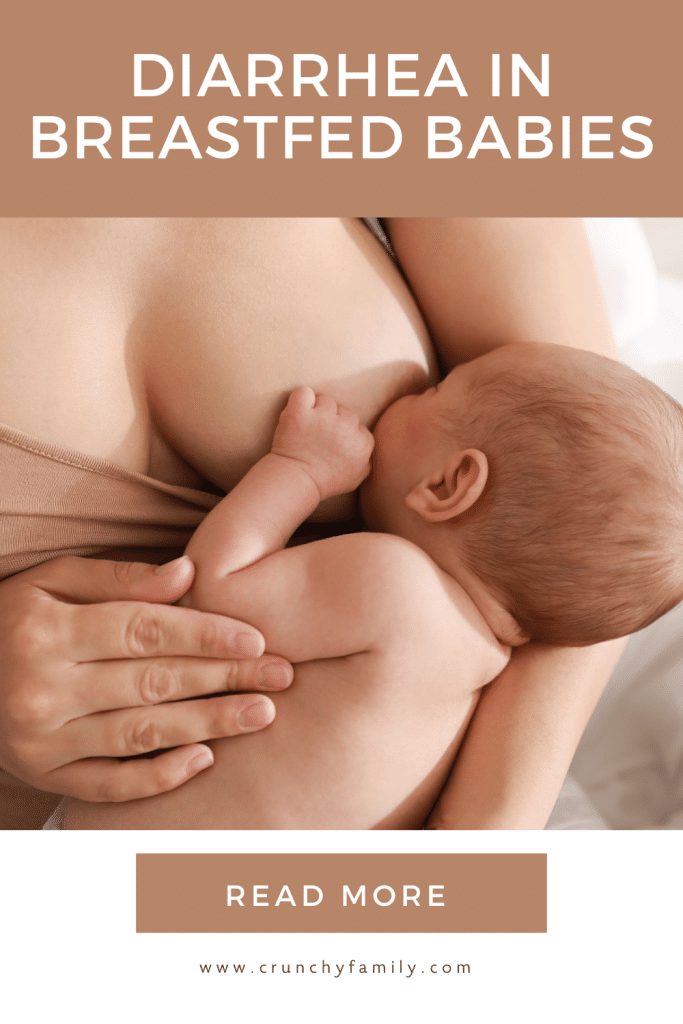
Together we can turn confusion into confidence and support a naturally minded family routine that respects both modern science and traditional wisdom.
Is it really diarrhea? Understanding normal baby poop
If you’re noticing a few runny diapers, take a deep breath, it’s often perfectly normal for breastfed babies. Their stools tend to be looser, more frequent, and vary in color and texture, especially in the early months.
While it’s always a good idea to stay informed and watch for any true signs of illness, a bit of watery stool on its own is usually nothing to panic about. Trust your instincts, keep your baby hydrated, and know that in most cases, this is just a normal part of their tiny digestive journey.
Young infants impress us with a dazzling range of normal stools. A breastfed baby may pass soft mustard-yellow blobs ten times a day; that is just the digestive system doing its job. We start talking about baby diarrhea when there is a sudden increase in the frequency of bowel movements and they become watery enough to soak into cloth, sometimes showing up as 3-5 watery stools or even 6-9 watery stools in twenty-four hours. Watch for runny stools, loose bowel movements, or a consistently looseness of bowel movements that differs from your child’s baseline.
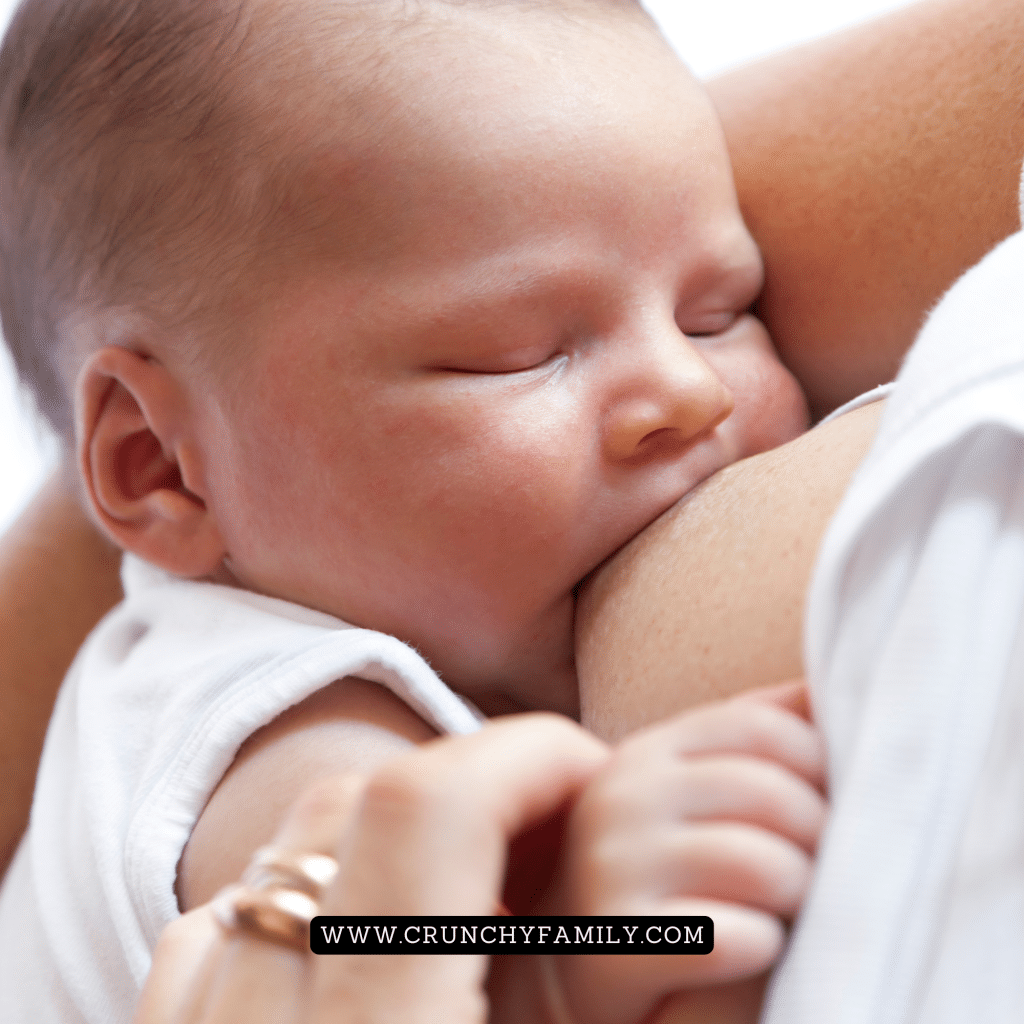
Common causes of diarrhea in the first months of life
For many babies the most common cause is a quick-moving viral infection such as viral gastroenteritis or the classic stomach bug. Other culprits include a bacterial infection, food poisoning, or medical conditions like lactose intolerance and food allergy.
In rare situations medical care is needed for issues such as malabsorption or anatomical problems present within the first days of life. Formula-related diarrhea is frequent among formula-fed babies when new infant formula brands or cow’s milk proteins irritate the gut.
Even older children and young children sharing table meals can bring home germs that enter the family circle.
Warning signs that call for a health care provider
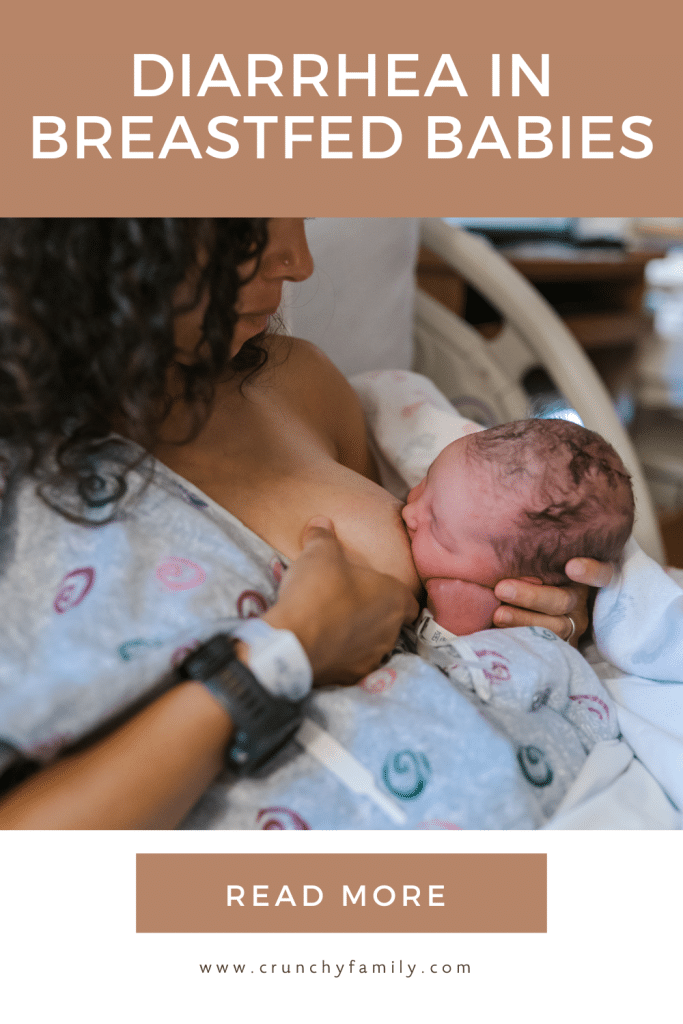
A little looseness can be the body’s way of flushing a microbe, yet some patterns require swift action. Reach out to your health care provider if you notice signs of dehydration: dry mouth, dry eyes, fewer wet diapers, notable weight loss, listlessness, or a baby’s bottom that stays dry for eight hours.
Blood in the stool, severe diarrhea lasting more than three days, or fewer than half the usual diapers in 24 hours also deserve professional evaluation. The world health organization reminds parents that prompt rehydration and continued feeding save lives Wikipedia.
Natural care you can start right now

The most important thing is keeping up fluid intake. Continue exclusive breastfeeding whenever possible; its protective effect and easy digestibility calm a baby’s tummy and safeguard the immune system World Health Organization.
If your little one has started solid foods, include easy-to-digest starchy foods such as mashed banana or plain oatmeal. Offer small amounts of an oral rehydration solution between feeds if recommended, using warm water for comfort.
Avoid giving fruit juice or sugary drinks, which can worsen watery bowel movements. Some parents try the gentle brat diet (banana, rice, applesauce, toast) for older children, but remember that very young infants should not miss their usual breastfeeds.
During every diaper change spread a plain barrier ointment to prevent diaper rash and check the color and smell of your baby’s stools. A pale water-like appearance is common, but green streaks may hint at a fast gut transit. Count the dirty diapers: they remain your best early-warning system.
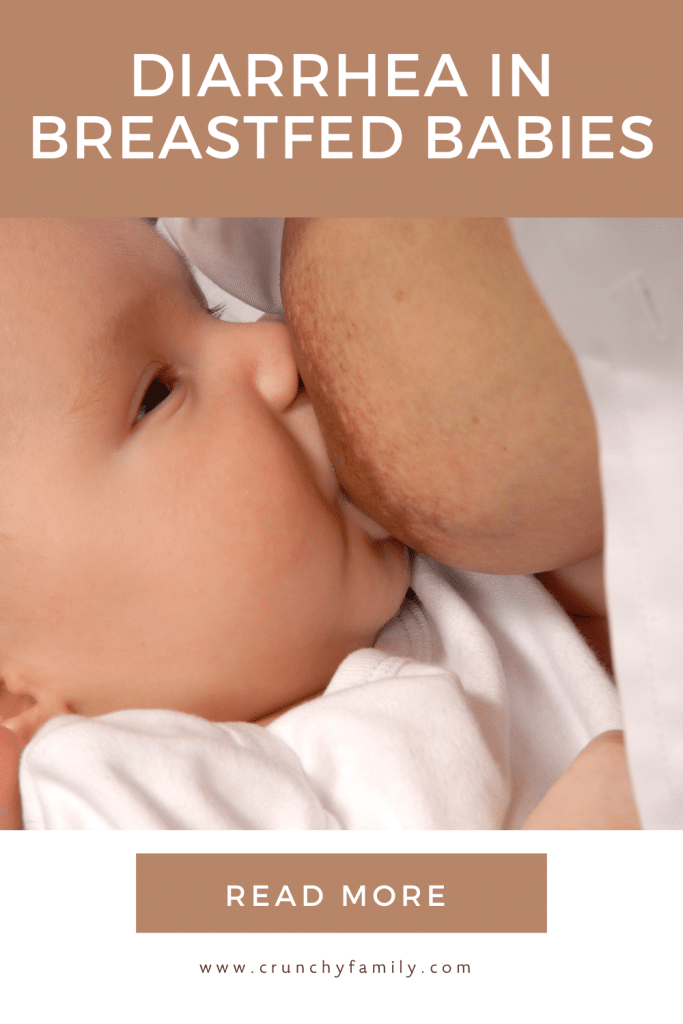
Foods and lifestyle factors to review
A mother’s diet rarely causes diarrhea, yet strong spicy foods, excess dairy products, or large servings of peanut butter sometimes bother ultra-sensitive babies. During recovery you might avoid those spices for a few meals and observe any change in your baby’s bowel movements.

For formula fed infants with repeated issues, your pediatrician may advise switching infant formula or performing tests for lactose intolerance. In the United States and worldwide, observational studies show that breastfeeding duration correlates with fewer cases of diarrhea and hospitalization.
When extra help becomes a good idea
Persistent acute diarrhea deserves lab work to rule out causes of diarrhea such as bacterial infection or parasites. An IV may be needed if oral rehydration fails. Fortunately, for babies who have received plenty of much fluid, the need for hospitalization remains low.
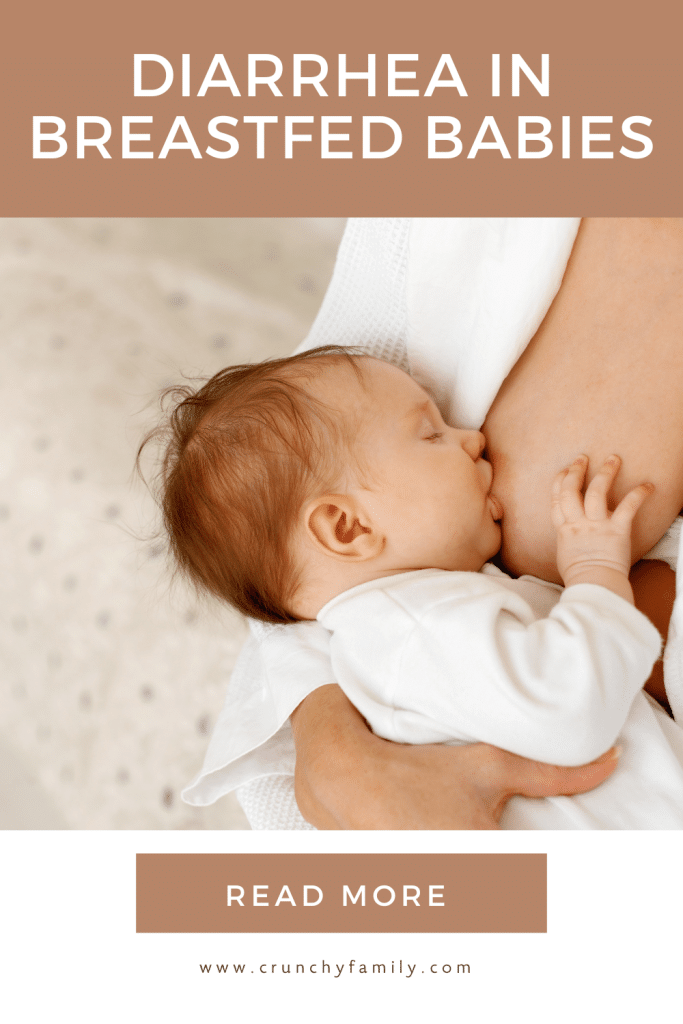
Parents often ask about supplements to boost milk supply; yet frequent nursing is usually enough. If your family must use formula fed feeds, prepare bottles carefully and sterilize parts in warm water to curb germs.
Gentle prevention for the years ahead
Beyond the first months of age, offer plenty of handwashing before meals, especially for older children returning from play. As little ones reach two years of age, broaden baby foods gradually while respecting tolerance.
Teach toddlers to sip from cups and avoid sharing forks during illness. These small steps keep the entire household healthier and reduce future episodes of loose stools and watery diarrhea.
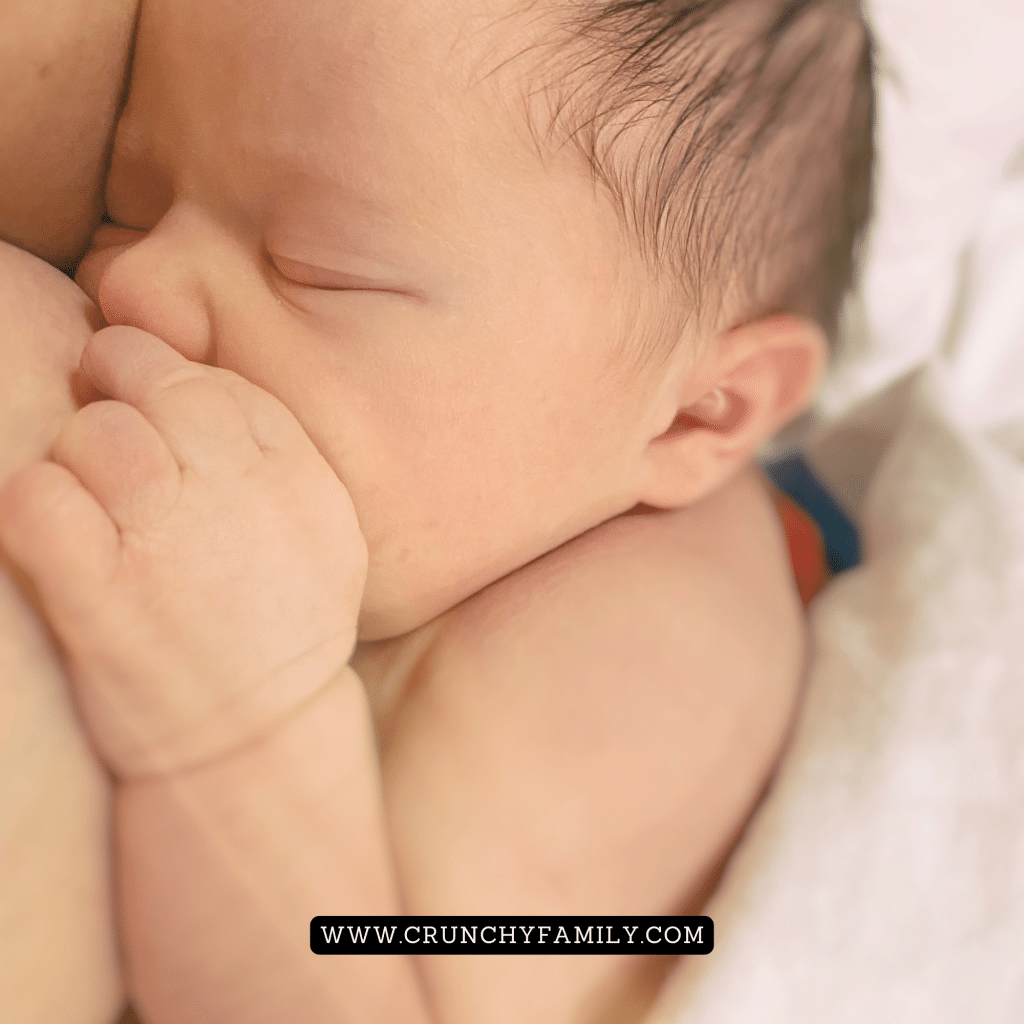
Diarrhea can look dramatic, yet for most breastfed families it resolves with rest, enough fluids, and attentive love. Keep nursing, watch for warning signs, offer comforting starchy foods, and stay in close touch with your trusted clinician.
With your calm presence and a stack of clean cloths, you will guide your child’s tummy back to happy, normal baby poop, and the next bowel motion will feel like a victory.
(This post is shared for educational purposes and is not a substitute for personalized medical advice. If you worry about your child’s condition at any time, seek qualified care.)
More re;ated reads:
1 thought on “Diarrhea in Breastfed Babies and How To Keep Them Comfortable”